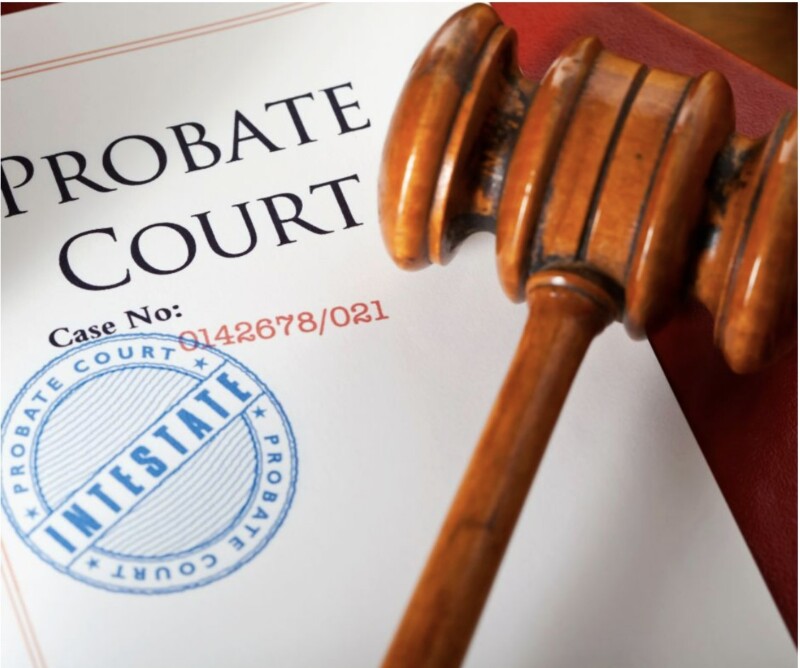
Thankfully, there are steps to avoid probate in Florida that anyone can take advantage of. Using a combination of strategies, you can minimize or even eliminate the toll probate might take on your estate. With a bit of foresight, you can substantially increase the value of your estate to your beneficiaries. You can also save your heirs the hardship of dealing with Florida courts while they grieve.
At Beller Law, P.L., we understand the many ways to avoid probate in Florida. Our firm is passionate about crafting effective estate plans that accurately reflect each client’s most critical needs. We treat every client with dignity and integrity while respecting their confidentiality. Contact Beller Law today and schedule a consultation.
How to Avoid Probate in Florida
People in Florida have a wide range of options to protect their assets from probate. Using one or more of these options as part of a comprehensive estate plan can maximize the value of your estate.
Send Gifts
An often overlooked method of avoiding probate is simply giving gifts while you are still around. Many people assume that gifts are taxed at a high rate. This assumption is wrong. Florida does not levy any gift tax, and the federal gift tax only kicks in once a giver passes their lifetime exemption of $12,920,000.
Further, gifts to individuals under $17,000 do not have to be reported in your tax returns. This amount is per person you are gifting to, not your total amount of giving. So, for example, a parent could give $17,000 to one child and $17,000 to another in 2023 and not have to fill out the IRS gift tax return form. Amounts over $17,000 must be reported on your tax return but are only taxed once your total lifetime reported giving is over $12,920,000. This favorable tax treatment makes gift-giving an outstanding way to avoid probate.
Create Joint Ownership of Assets
Jointly owned assets with rights of survivorship do not have to go through probate. Married couples can also own assets as tenants by the entirety. Assets that are jointly owned in this way pass automatically to the surviving owner. This scenario is particularly useful for married couples to avoid going through probate on assets they already partially own such as houses, vehicles, financial accounts, and other assets.
Put Money in a Pay-On-Death Bank Account
Designating a bank account as pay-on-death will automatically transfer the account to the named beneficiary when you pass. These automatic transfers are not subject to probate proceedings. Pay-on-death accounts do not create a joint ownership right for the beneficiary and can often be changed whenever the account holder wants.
Register Securities As Transfer-On-Death Assets
Much like pay-on-death accounts, a transfer-on-death registration for stocks and bonds automatically transfers the assets on death. An experienced estate attorney can help you register your securities as transfer-on-death assets so they avoid probate.
Set Up a Living Trust
Setting up a living trust is one of the most common ways to avoid probate in Florida. A living trust is a legal vehicle that takes ownership of assets and manages them for named beneficiaries. The creators can appoint themselves as the executor of the trust so they maintain control over their assets while the trust owns them. Upon passing, a successor trustee takes over and manages the assets for the beneficiaries.
There are several types of trusts, making them a flexible legal vehicle for estate planning. Revocable living trusts can be changed or revoked at any time. Irrevocable living trusts can not be altered without the consent of beneficiaries or Florida courts. However, irrevocable trusts can better protect assets from creditors and are helpful in Medicaid planning.
Create a Life Estate
Life estates are a way of jointly owning property. The life tenant enjoys the right to remain in control of the property until they die, and a remainderman gets all future interests. An enhanced life estate, also known as a lady bird deed, allows Florida residents to create a life estate without giving up the ability to convey or mortgage the property.
Buy Life Insurance
Life insurance payouts can go to named beneficiaries without going through probate. Life insurance payments are also not subject to creditor claims. These advantages make life insurance a handy tool to avoid probate.
Name a Beneficiary for Retirement Accounts
Many retirement accounts can be transferred to named beneficiaries without going through probate. An experienced estate attorney can help you ensure your retirement accounts are correctly configured so they are quickly transferred to heirs when you pass.
Frequently Asked Questions
If I Write a Will, Does My Estate Avoid Probate?
No. Simply writing a will does not allow your estate to avoid probate. The probate courts will oversee the distribution of assets being passed down according to a will. You can use other legal vehicles in conjunction with a will to ensure most of your assets will be distributed without probate.
How Much Does Probate Cost?
Probate costs vary depending on the county in which an estate is probated and the size of the estate. Court fees, attorney’s fees, administration fees, and other litigation costs can quickly add up. Further, there is a significant time cost associated with probate. An experienced estate attorney from Beller Law can help you determine how much probate might cost your estate.
Can a Small Estate Avoid Probate in Florida?
Yes. Summary administration is an option for Florida estates worth $75,000 or less. During summary administration, courts still oversee the distribution of assets, but the process is quicker than probating an estate.
Call Beller Law, P.L.
With over 25 years of trial experience, the lawyers of Beller Law, P.L. know how to get results. But even more, we care about educating you on the best ways to protect what you’ve worked your whole life to achieve. We can help you put together an estate plan that saves you and your heirs money, so call today to schedule a consultation.
